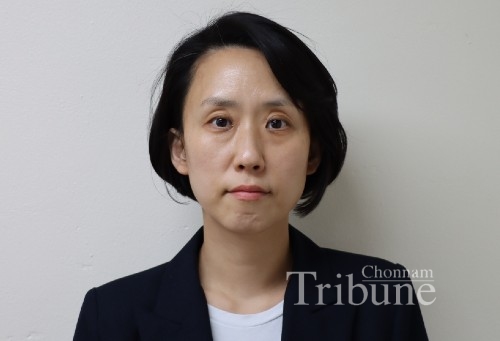
In a civilized society, kids are always told that violence cannot be a solution for anything and they should find a peaceful way to solve a problem when it arises. But, in reality, we hear about violent conflicts and terrorism all over the world and these stories often take up the front page of a newspaper or the main headline on TV, easy to hear and see for everyone. It is an obvious contradiction between childhood teaching and reality. Why violence, terrorism, and even war never end whilst most human beings have been raised not to commit those crimes?
After ending the wars of religion in Europe around the mid-17th century, individual sovereigns fought to seek their own interests and the impacts of war were limited both in terms of their objectives and scope. As Clausewitz noted, war served as a rational and limited instrument of national policy. However, World War I and II proved that the Clausewitzian idea of war would not fit anymore and war began to be reconsidered as a rational instrument of state policy. With weapons of mass destruction and collective allies and enemies, war brought disasters and atrocities to all parties directly and indirectly. Now, war is the conflict that should be avoided with all power and the elimination of it appeared to be an essential precondition for the survival of mankind.
Terrorism is another term often used to delineate violent conflicts although no agreement on its definition exists. Defining terrorism itself could be a very political matter so the United Nations also failed to find a common ground on the definition. There is no distinction between war and terrorism, but it is commonly noted that war involves states as an actor and thus draws more professional and financial resources than terrorism, resulting in more devastating destruction. Even with a scale difference, it is obvious that both are motivated by political, ideological or strategic purposes and challenge human rights in various ways and levels. Rapoport defined four waves of modern terrorism and argued that ideology, anti-colonialism, nationalism, religion and the mixture of all of them could explain terrorism in the world. Terrorists at each wave had their own agenda, worked in extremely violent ways and thereby terrorised the general public, though the acts would not be carried out on a large scale compared to state violence.
Russia invaded Ukraine on February 24 and the war is still going on. The international community accuses Russia of atrocities and massive destruction that have occurred in Ukraine and sees this war as unjustifiable. However, Russian leaders use a new term, special military operation, instead of the war or invasion, and argue that this operation is to demilitarise and de-Nazify Ukraine. In other words, the Russian army invaded Ukraine to free people who have been oppressed and bullied over several years. This claim is unfounded and moreover, the civilian casualties and the bombing of residential buildings disprove it. Recent news from western media report that the U.S. is weighing to list Russia as a state sponsor of terrorism, implying the unjustifiable nature of the Ukraine war.
War, terrorism or violent conflicts have been with human beings for a long time and maybe will continue to stay with us. Currently the on-going war could be a good example. We have learned plenty of lessons from history, but it happened again. Some scientists argue that aggression is embedded in human DNA as a tool for survival, therefore violence is an inevitable solution of conflicts. At the same time, some people believe that ethical teachings could find a peaceful way out of conflicts. What is clear regarding any violent conflict is that no one will be a winner in the end.
By Song Yena, Associate Professor, Department of Geography

